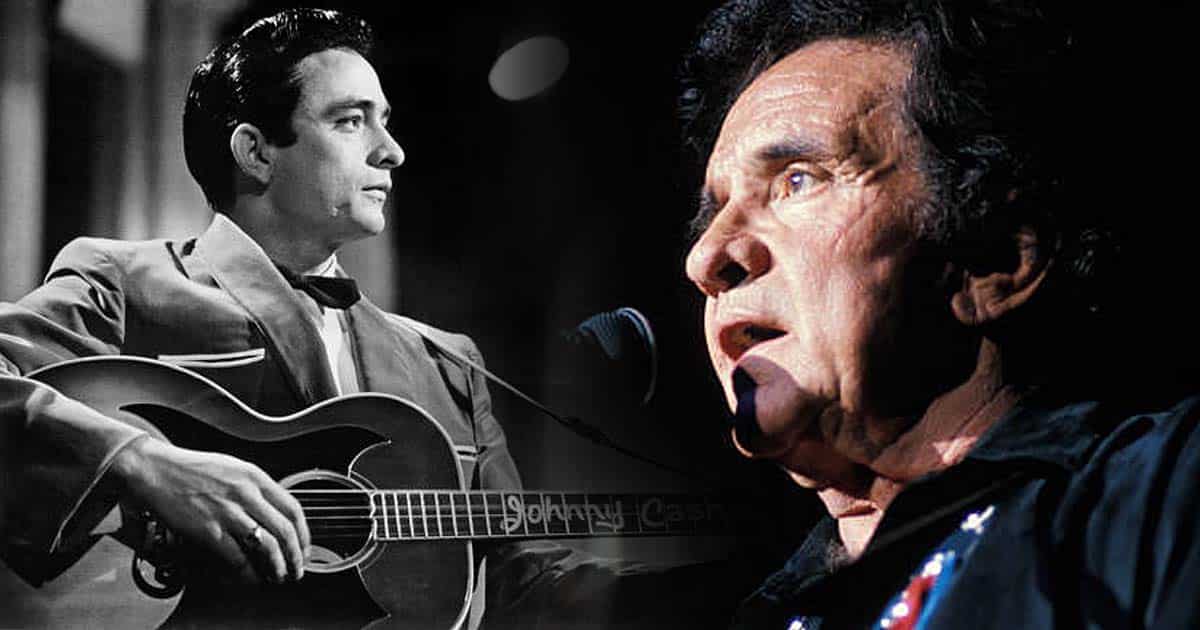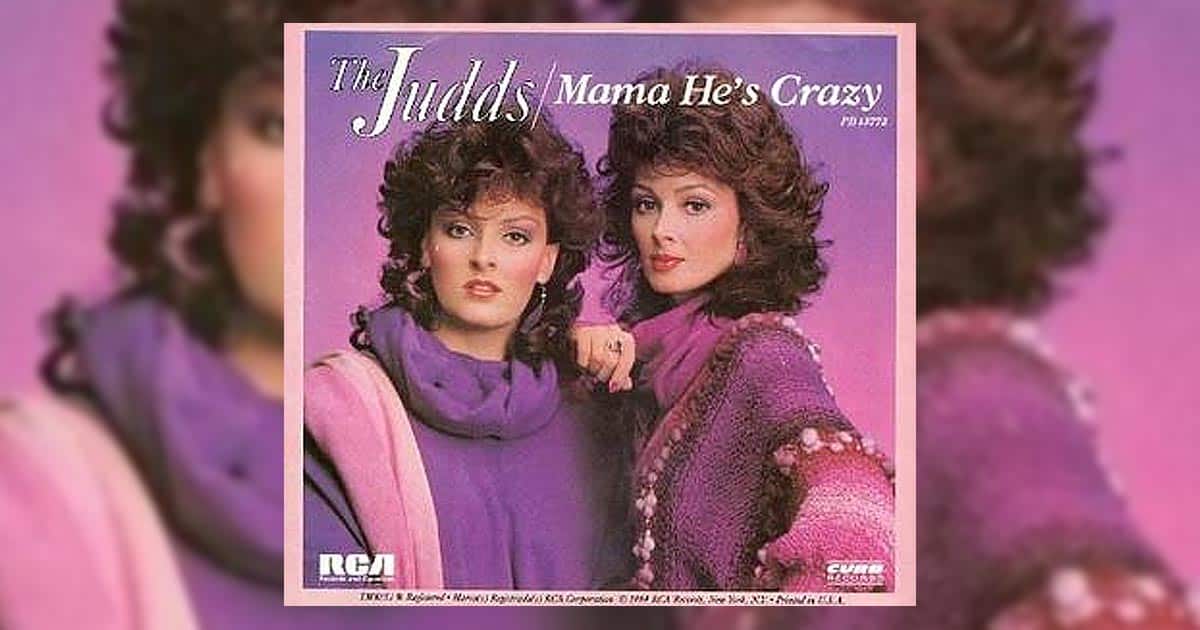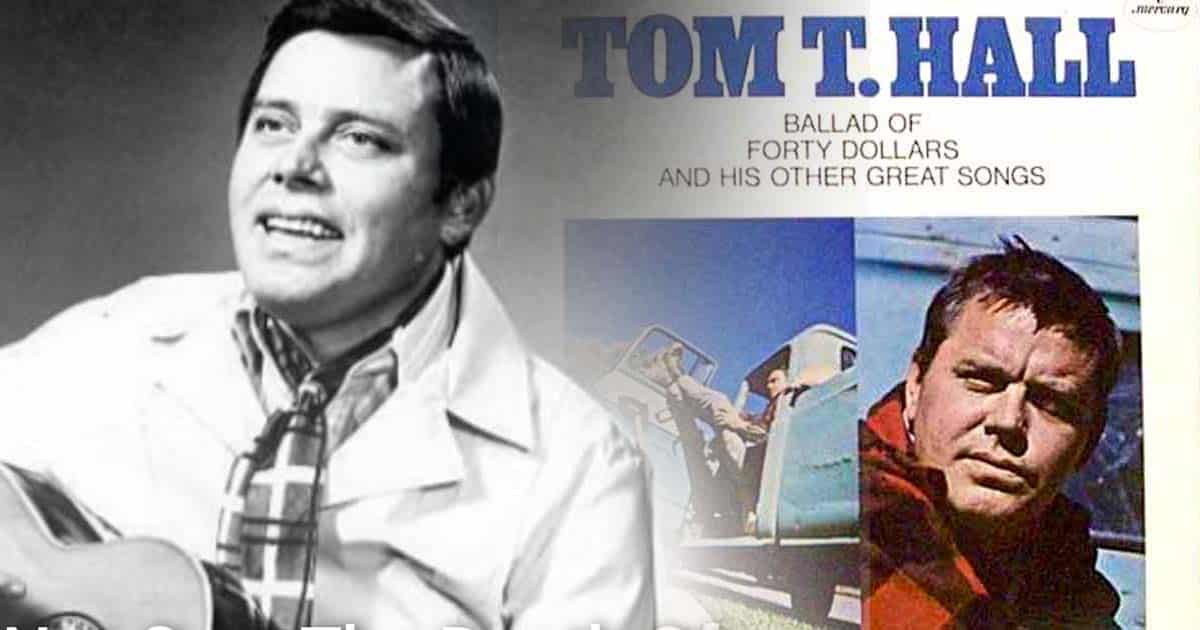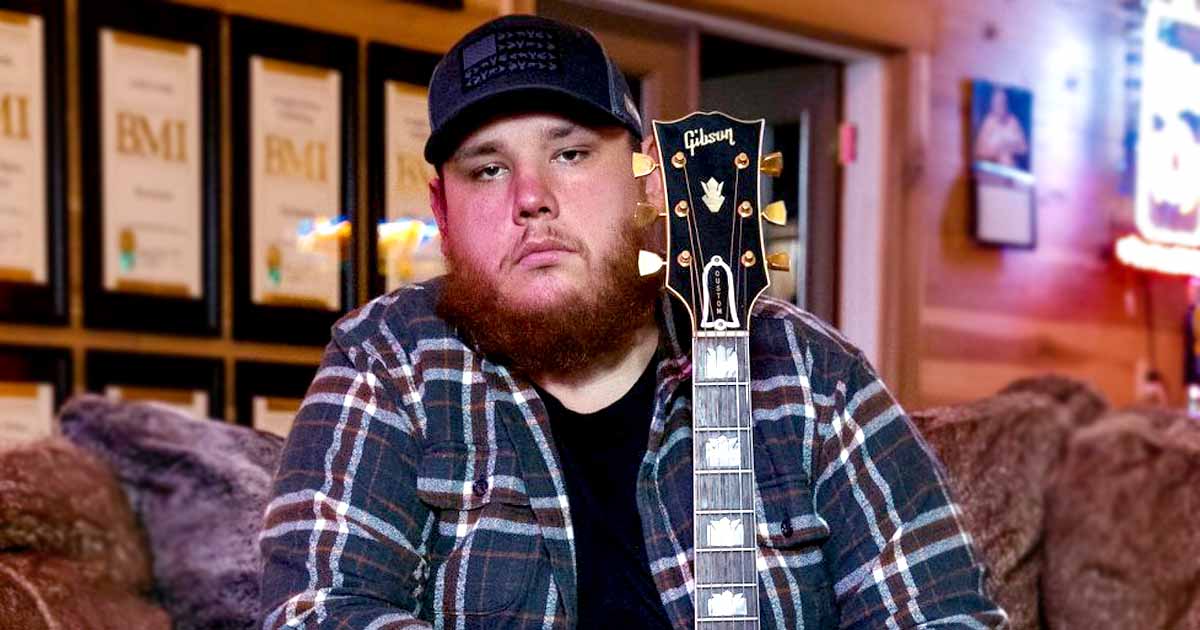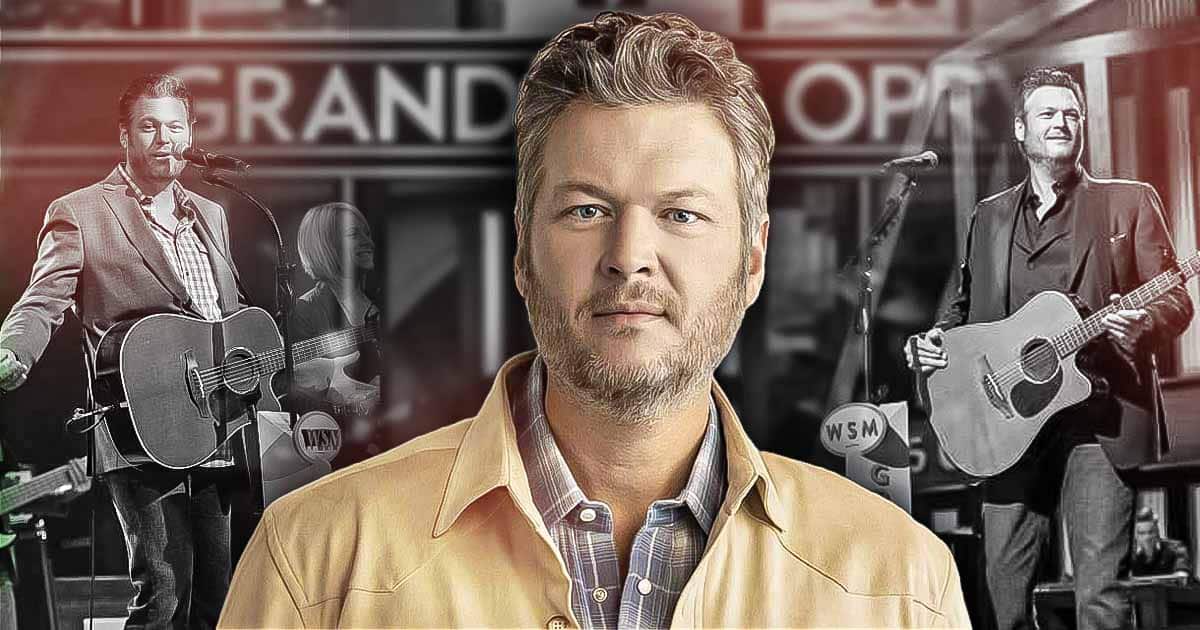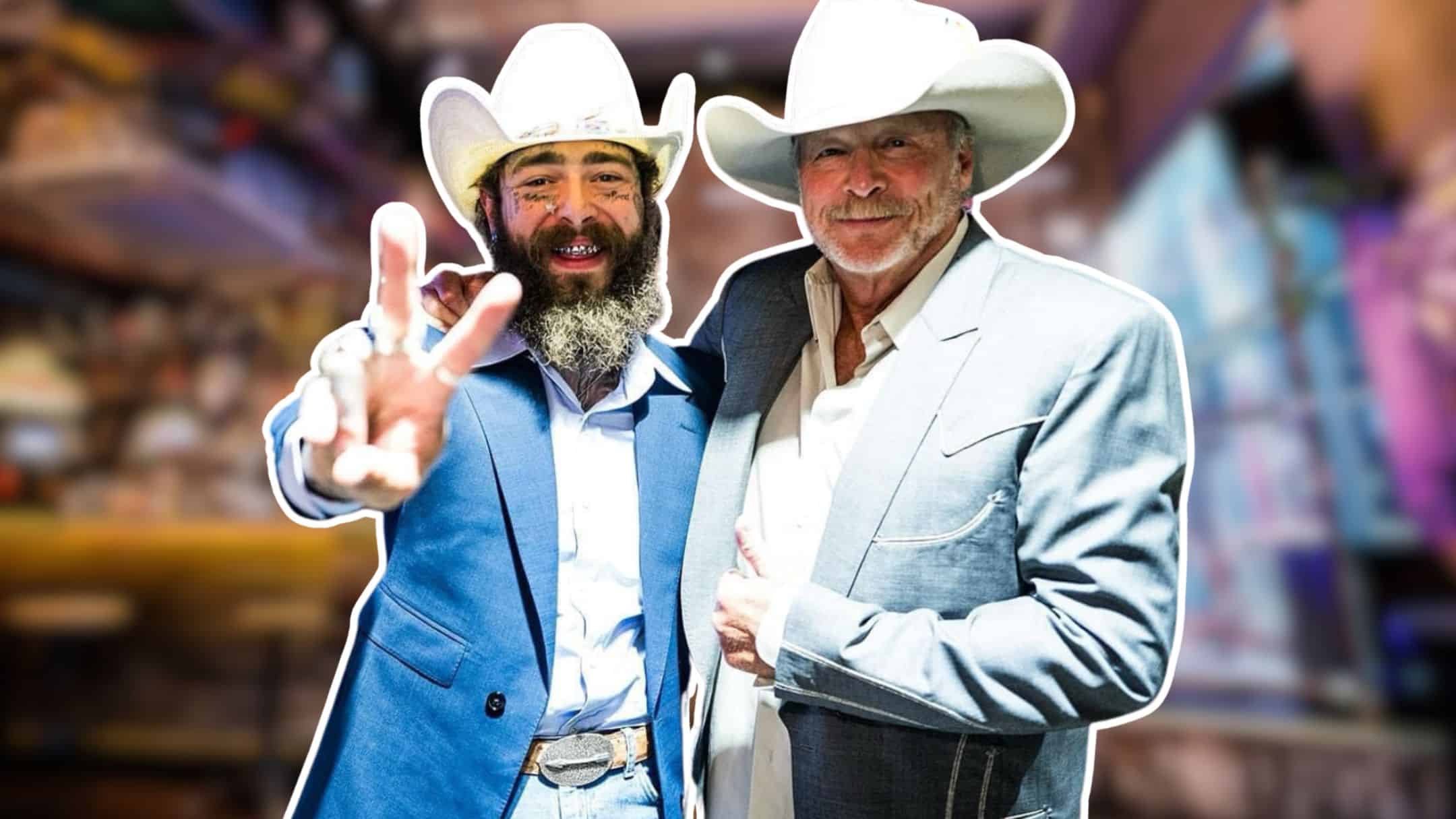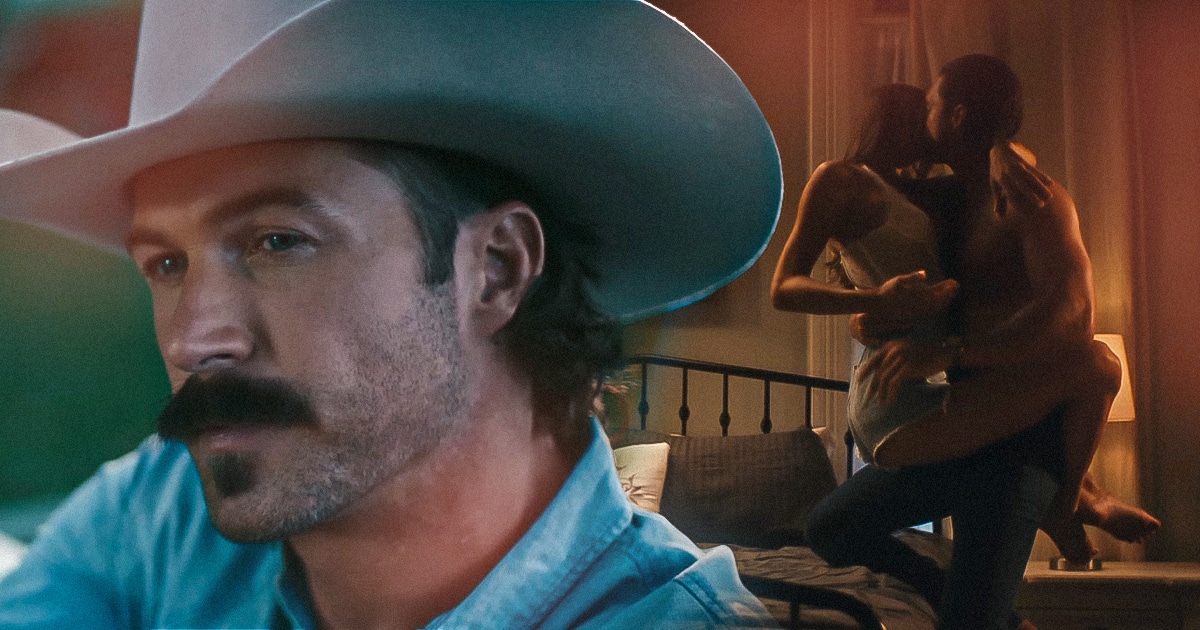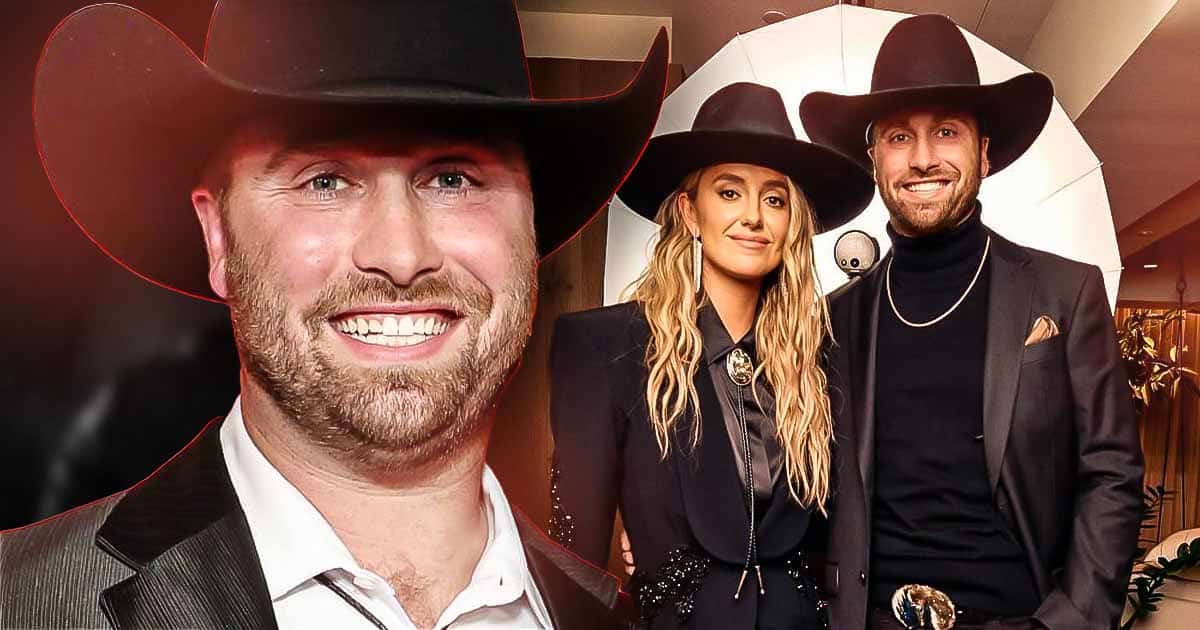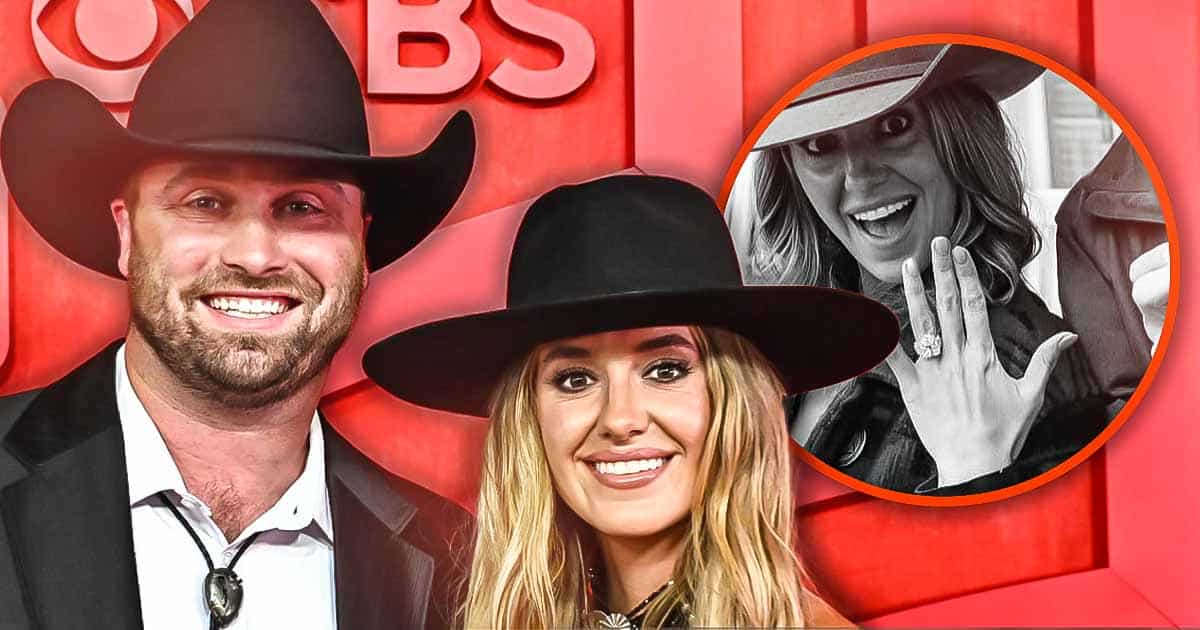It’s no secret that Johnny Cash has been through a lot, and his songs are a big reflection of that. With the plethora of facts about him available on the Internet, there’s no shortage of little slices of his life that are still not-so-known. So, for every fan out there, we’ve compiled a short list of interesting tidbits.
Ready for a quick trip to learn more about the Man in Black? Let’s go.
1. Johnny Cash was born J.R. Cash.
Before he became the Johnny Cash, he was J.R. Cash, then John R. Cash.
He was born J.R. Cash, but during his enlistment in the Air Force, they didn’t allow him to use initials for his first name. So, he chose the name John. After his military service, he pursued a musical career in Memphis, Tennessee, performing with the Tennessee Two (which later on became Tennessee Three).
Years later, after numerous county fairs and local events, he had the opportunity to audition with Sam Phillips of Sun Records. When Phillips signed him in 1955, he changed John to Johnny. Cash never used another name after that.
2. He empathized with Frankenstein.
He grew up fascinated by the original movie “Frankenstein.” He viewed the character as sympathetic who was “made up of bad parts but trying to do good.”
3. He named his firstborn daughter after a goofy nickname.
Before June Carter, there was Vivian Liberto. The two first met in the Air Force, and he wrote her letters every day while he was stationed in Landsberg, Germany, as a radio operator. They got married in 1954 and had their first child a year later. And she was actually named after her dad’s nicknames for her mom’s err breasts: Rose and Anne.
4. He was sued by the federal government.
Cash had a notorious resume, getting arrested due to drugs or trespassing. But all of them were misdemeanors, so he didn’t really serve time (only a few nights) in jail. Although, there was one time when he really got close.
In the summer of 1965, he was on his camper van (which he named Jesse James) in the South California wilderness. Possibly high on drugs, he triggered a forest fire that spread through 500 acres and threatened the lives of endangered condors. During his trial, the judge asked him if he had started the fire, to which he cheekily responded that his truck had, and they couldn’t question it because it was dead.
He settled the case for $82,000, which was close to half a million dollars in current times.
5. He was tempted to start a riot inside San Quentin.
Cash had been known for his prison concerts. His second major one happened in 1969 at San Quentin, where he dropped two versions of his new track named after the jail. It definitely resonated with the inmates because it was written from their perspective, and it almost sparked a mutiny. In fact, Cash realized that had he said, “Let’s go!” then there would’ve been a full-scale riot.
6. His drug problem was far worse than it was depicted.
Julie Chadwick revealed in her book “The Man Who Carried Cash,” which chronicled the lives of Johnny Cash and his manager Saul Holiff, that the singer’s drug addiction was so much worse than many people thought.
It caused him to cancel entire tours, take over 100 pills (at one point, he was found “virtually dead’ due to overdosing at his motorhome after a show), and crash cars into a telephone pole (a Cadillac that belonged to his then-mistress June Carter).
7. He and June Carter’s fairytale love wasn’t always so.
Cash proposed to June during a live performance in Canada in 1968, thirteen years after they first met at the Grand Ole Opry backstage. They got married the same year and welcomed their son, John, a year later. But their marriage wasn’t always the storybook marriage that it was depicted to be.
Cash and Carter’s start was an affair, as he was still married to his first wife, Vivian. And some friends described Carter as a manipulator, which Hilburn described as “an early country equivalent of Yoko Ono in John Lennon’s world.”
8. He was sneaky when it came to his songs.
Johnny Cash’s songs always had something in it.
His first number-one hit, “I Walk the Line,” talked about resisting temptation and remaining loyal to his young bride. Basically, it was his pledge of devotion. But it was also his sneaky way of putting “a little God” into it after Sam Phillip told him he didn’t have any interest in recording spiritual songs.
As for his signature track, “Man in Black,” which was a social protest song, it also simply described his wardrobe choice. That is, he simply liked it. In fact, he liked it so much he was teased about it by his fellow acts early in his music career. They often called him the “Undertaker.”
9. Kris Kristofferson stole a helicopter to deliver a demo tape to Johnny Cash.
One of Cash’s most famous songwriting stories was with Kris Kristofferson. The songwriter had been slipping him cassettes of his music, but it never really worked out. Then, one day, Kristofferson decided to steal a helicopter, fly it to Cash’s house, and land it in his yard to catch his attention. It worked.
Cash went on to cut his song “Sunday Morning Coming Down,” which became a number-one hit.
10. His Hendersonville mansion was sold thrice.
Cash lived in his 14,000-square-foot Hendersonville mansion with his wife, June Carter, from 1968 until he died in 2003. Following their deaths, Bee Gees member Barry Gibb purchased it. Unfortunately, during renovation in 2007, the home was completely burned, leaving only a foundation and a few stone walls.
It was sold in 2014 for $2 million and again in 2020 for $3.2 million.
That’s a wrap. We hope you learned a few new facts about Johnny Cash!

